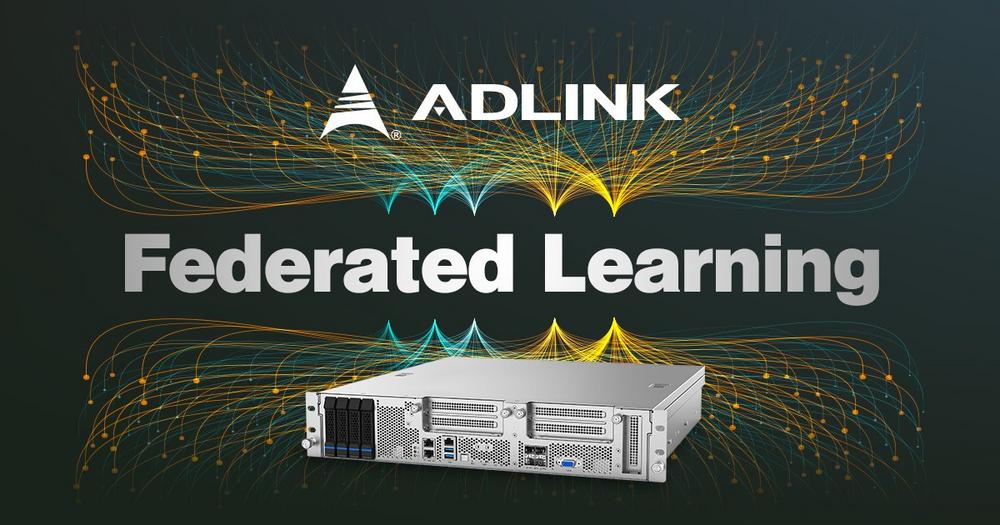With the rapid development of IoT and popularization of 5G networks, a large number of terminal devices are connected to the network and generating massive amounts of data. Traditional data computing and analysis are based on cloud computing. With the rapid increase in data quantities, the transmission from application terminals to cloud computing centers can cause delay and data leakage. Timely and effective processing of data becomes a major challenge for cloud computing centers. A new computing model – edge computing – processes data at the network edge; providing intelligence services closer to the person or object requiring that data, and allowing network services to respond more efficiently and better meet the business needs of applications in IoT, Internet of Vehicles (IoV), industrial control, intelligent manufacturing and video processing. The introduction of edge computing technology has eased the network burden of cloud centers, but also raised security issues. Localization of data can easily hinder data interaction. In addition, data security and application specifications have been tightened in recent years. Topics such as GDPR data privacy and data protection have been given high priority. The centralized computation of data used in traditional machine learning algorithms cannot meet current and future data processing requirements and limits the development of artificial intelligence.
In this context, federated machine learning provides the solution to edge computing security problems. Federated learning is a machine learning framework that uses encrypted private data for operations by participants, exchanging only the parameters, weights, and gradients of the encrypted model, without moving the raw data out of the local area or moving the encrypted raw data set. Multiple agencies can model data usage and implement machine learning while allowing multiple organizations to conduct data usage and machine learning modeling under the requirements of user privacy protection, data security and government regulations. Federated learning, as a distributed machine learning paradigm, ensures that data are not leaked and allows enterprises to use more data training models, carry out joint modeling, realize AI collaboration, and provide strong support for the implementation of privacy protection computing solutions.
Recently, ADLINK and Clustar jointly launched an integrated machine for edge federated learning. Using ADLINK’s MECS-7211 as an edge computing server and Clustar’s FPGA isomeric acceleration card, the system performs qualitative analysis and hardware optimization of commonly used complex operators in federated learning to facilitate user acceleration of distributed dense state machine learning tasks. Efficient storage, computing and data transmission systems play a collaborative optimization role in the efficient operation of isomeric systems. Compared with traditional CPU architectures, performance is improved by 7 times, and improved by 2 times with power consumption reduced by 40% over CPU+GPU platforms. This integrated machine for edge federated learning is suitable or financial, medical, and data center applications that require extensive data analysis and focus on privacy, and has already been deployed in many instances.
Julian Ye, Director of Network Communications and Public Sector of ADLINK, said, “ADLINK’s MECS series is a 5G-based edge computing platform. As one of the initiators of the Open Telecom IT Infrastructure (OTII) specification, MECS series products conform to OTII industry specifications, using isomeric architecture to flexibly support FPGA, GPU, and 5G acceleration cards and other expansion cards. Compact size design coupled with an operating environment that supports a wide range of temperatures makes the MECS series suitable for distributed architecture applications and deployment at the edge and on the application side of the network. ADLINK and Clustar jointly launched an integrated machine for edge federated learning to optimize computing systems collaboratively and expand the application of MECS series products. In the future, ADLINK will continue to cooperate with Clustar in the AI field to enrich application scenarios of edge computing.”
ADLINK is committed to edge computing and the AI industry, has more than two decades of R&D experience in telecommunications network computing; focuses on network security, 5G, edge computing, IoT and other infrastructure products and services; provides leading, hardened and reliable hardware and software solutions; and has become the driving force for artificial intelligence to change
ADLINK Technology Inc. (TAIEX:6166) leads edge computing, the catalyst for a world powered by artificial intelligence. ADLINK manufactures edge hardware and develops edge software for embedded, distributed, and intelligent computing – from powering medical PCs in the intensive care unit to building the world’s first high-speed autonomous race car – more than 1600 customers around the world trust ADLINK for mission-critical success. ADLINK holds top-tier edge partnerships with Intel, NVIDIA, AWS, and SAS, and also participates on the Intel Board of Advisors, ROS 2 Technical Steering Committee and Autoware Foundation Board. ADLINK contributes to open source, robotics, autonomous, IoT and 5G standards initiatives across 24+ consortiums, driving innovation in manufacturing, telecommunications, healthcare, energy, defense, transportation and infotainment. For over 25 years, with 1800+ ADLINKers and 200+ partners, ADLINK enables the technologies of today and tomorrow, advancing technology and society around the world. Follow ADLINK Technology on LinkedIn, Twitter, Facebook or visit www.adlinktech.com.
ADLINK Technology GmbH
Hans-Thoma-Str. 8-10
68163 Mannheim
Telefon: +49 (621) 4321466
Telefax: +49 (621) 4321430
http://www.adlinktech.com
EMEA Marketing Director
Telefon: +49 (151) 126677-36
E-Mail: karen.kulinski@adlinktech.com
E-Mail: chi.lan@adlinktech.com
![]()
